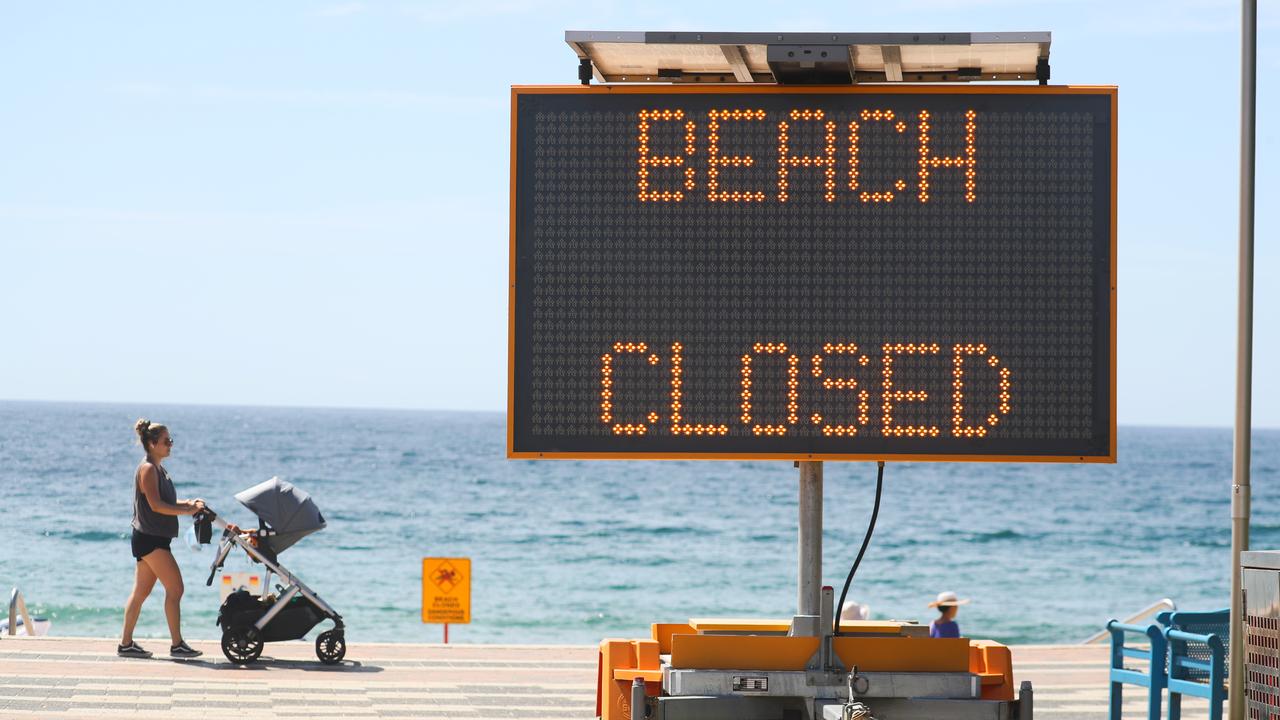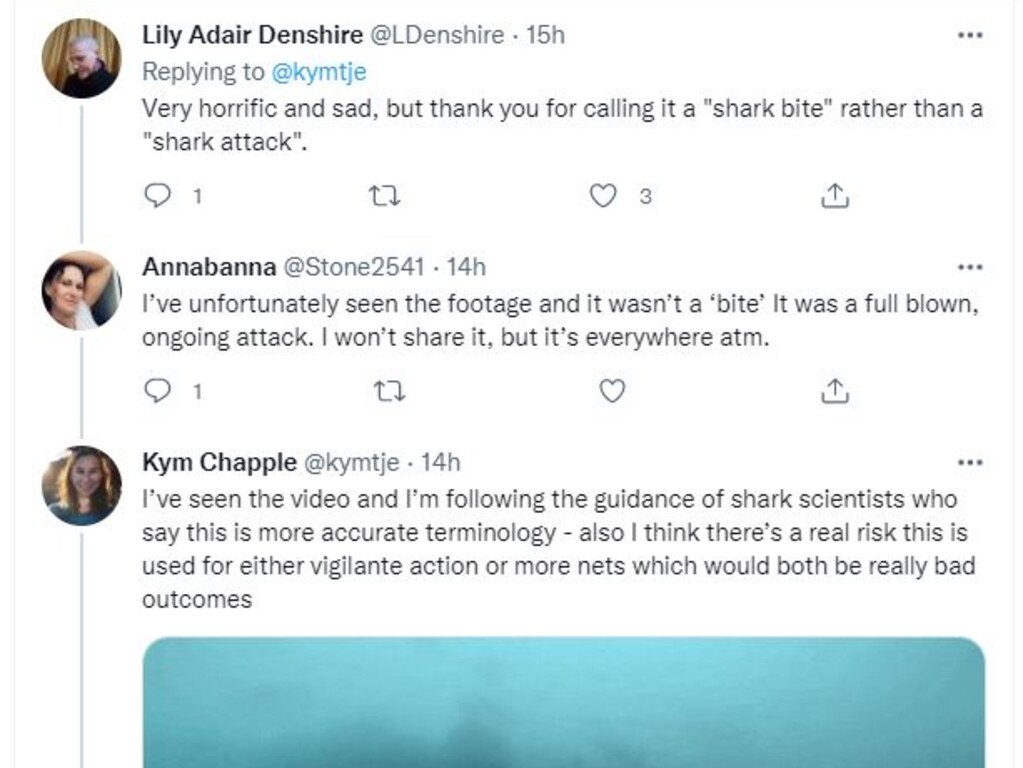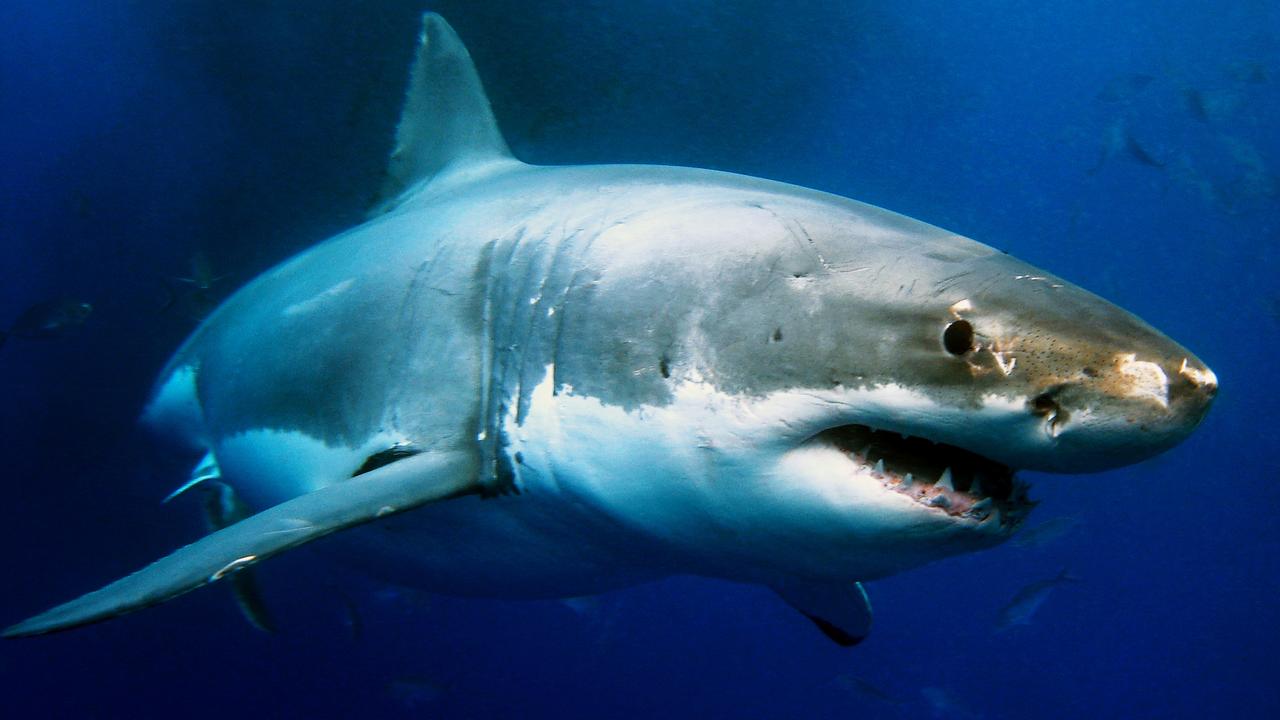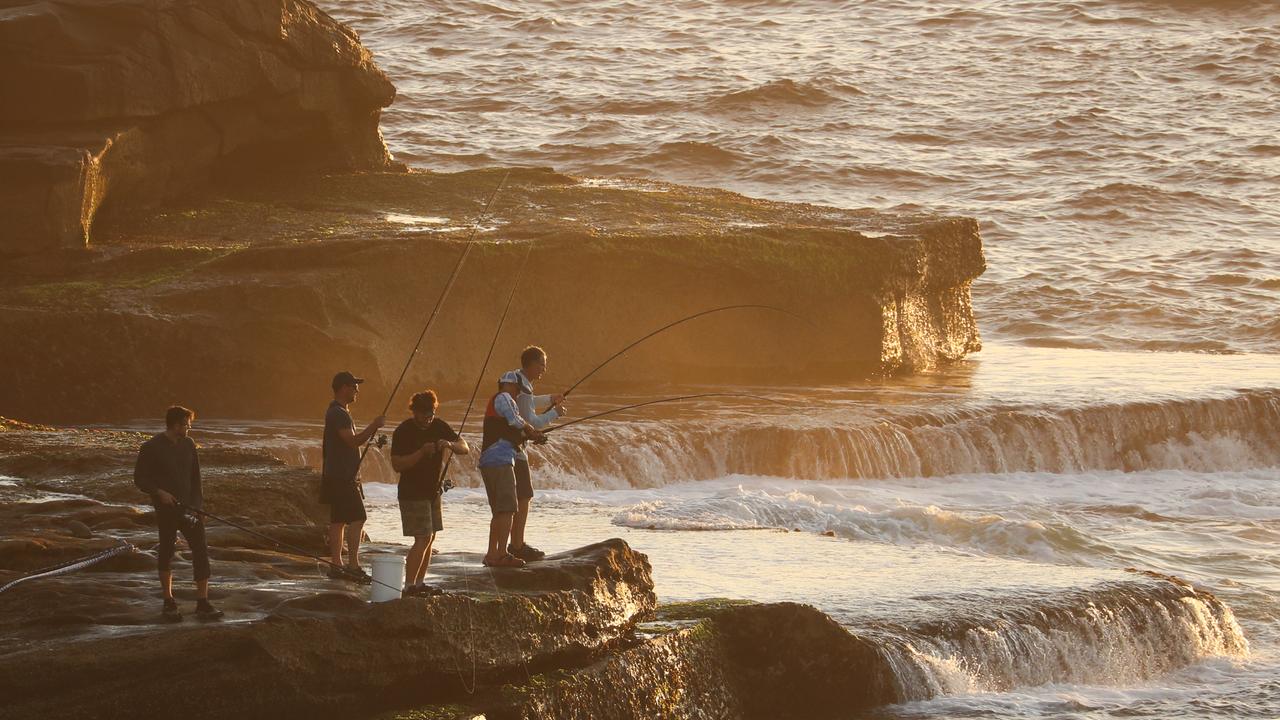When is a shark mauling an ‘attack’ and when is it a ‘bite’ or ‘encounter’?
Most would agree the horror incident off Sydney’s coast was an “attack”. But it’s been said that term could lead to “vigilante action” against the fearsome fish.
A man may have suffered “catastrophic injuries” at Little Bay yesterday, and it might be the only fatal Sydney shark encounter in 60 years, but there is still debate about whether such incidents should be labelled as “attacks” at all.
One local politician suggested using the term could lead to “vigilante action” against the fearsome fish, while some have suggested that the term “attack” demonises the fish and makes calls to cull them easier.
However, a shark expert – who has his own qualms about the labelling of every incident with a shark as an “attack” – has said that’s exactly how you should describe the fatal incident which occurred off the coast of Sydney’s east on Wednesday.
On Wednesday afternoon, a man was mauled by a shark just metres from land in Little Bay in front of horrified onlookers.
“Someone just got eaten by a shark,” a man recording a video of the incident can be heard yelling, adding it was a “big great white”.
Huge splashes can be seen, with the water in the area turning red and birds circling above. A torso can clearly be seen floating in the water in the graphic footage, before the shark returns and drags the victim under again.
Emergency services were called to the area just after 4.30pm. Authorities then located human remains in the water at about 6pm and closed off Little Bay Beach, according to NSW Police.
“Unfortunately this person had suffered catastrophic injuries and there wasn’t a lot paramedics could do when we arrived,” a NSW Ambulance spokeswoman said.
Stream your news live & on demand with Flash for $8/month and no lock in contracts. New to Flash? Try 14 days free now>

‘Bite is more accurate terminology’
It is the first fatality from a shark attack in Sydney since 1963.
However, Kym Chapple, deputy mayor of Randwick Council, the local authority where Little Bay is located, initially recoiled at the idea of the event being called an “attack”.
Tweeting out a newspaper article about the incident, The Greens’ Ms Chapple referred to the incident as a shark “bite”.
One person disagreed with that assessment, telling Ms Chapple: “It wasn’t a ‘bite,’ it was an ongoing attack”.
But the deputy mayor was complimented by another for use the term “shark bite” rather than “shark attack”.
She then replied: “I’m following the guidance of shark scientists who say (bite) is more accurate terminology.
“Also I think there’s a real risk this is used for either vigilante action or more nets which would both be really bad outcomes.”
She cited a newspaper article from 2021 where various academics and marine campaigners warned against the knee-jerk reaction of using the word “attack” to refer to almost all shark-human interactions.
News.com.au understands Ms Chapple was unaware of the full extent of the tragedy until after she had written the tweet about avoiding the term “attack”. She has now deleted the post.
“This was a tragic and horrific death and it’s not about some argument on language it’s about concern for a grieving family,” she told news.com.au.
“Right now there is a community reeling and a family that are in our hearts. This must be our focus.”

The problem with calling every shark encounter an ‘attack’
However, one of the academics referred to in that article told news.com.au that Wednesday’s death was of another order of magnitude altogether and could indeed be considered an “attack”.
“It should be shark ‘encounter’ if there is no injury; 90 per cent of the (rest of the) time it should be ‘bite,’ but there looked to be intent with this attack,” Sydney University academic and author of the book Flaws: Shark Bites and Emotional Public Policymaking, Dr Chris Peppin-Neff, said.
In a paper published in 2013, Dr Peppin-Neff and director for the Centre for Shark Research at Florida’ Mote Marine Laboratory Dr Robert Hueter said terms like “rogue shark,” “man eater” and “attack” were outdated and gave the impression the fish had “malicious agency” which in turn encouraged governments to overreact to incidents.
That was especially concerning as most shark-human interactions do not result in death or even injury.
“Reports of shark ‘attack’ make little distinction between minor events and fatal incidents,” the pair wrote.
“The term ‘shark attack’ can even include events where there is no physical contact with a person.
“For example, sharks simply making contact with kayaks may be counted and reported as ‘attacks’.”
Dr Peppin-Neff suggested a sliding scale of terms from “sighting” when no physical contact occurred, to “fatal shark bite” when death is a direct result of a bite or bites.
“Attack” should only be used, “if the motivation and intent of the shark are clearly established”.

This incident was definitely an ‘attack’
Nonetheless, Wednesday’s incident, he said, merited the use of the term “attack”.
“There have probably been only 10 or 12 attacks of this kind in the last 30 years in the entire world,” he told news.com.au.
“It’s not crazy for sharks to bite humans thinking we might be prey.
“They test out things all the time. But 80 per cent of incidents are hit-and-run. Sharks will recognise humans as a ‘biological failure’ as we take more energy than we give so we are not a prey item. It’s a bite and release.”
In fact most fatalities in Australia from sharks are due to blood loss from a single bite after the fish has departed rather than from multiple bites.
“What’s exceptionally rare is for a shark to bite a human and then to bite them again,” he said.
“There’s no reason to bite a second time. In this case the shark was clearly able to diagnose that this was a biological failure, so it became something else. It was a repeated engagement that led to catastrophic outcomes.
More Coverage
“It became an attack.”

Dr Peppin-Neff said around Australia’s coast, sharks and humans were sharing the same water so it was inevitable at times their paths would cross, occasionally with tragic consequences.
Deadly shark encounters have been relatively rare in Sydney. But that’s partly down to help and hospitals being easily accessible, which might not be the case in more remote areas.






